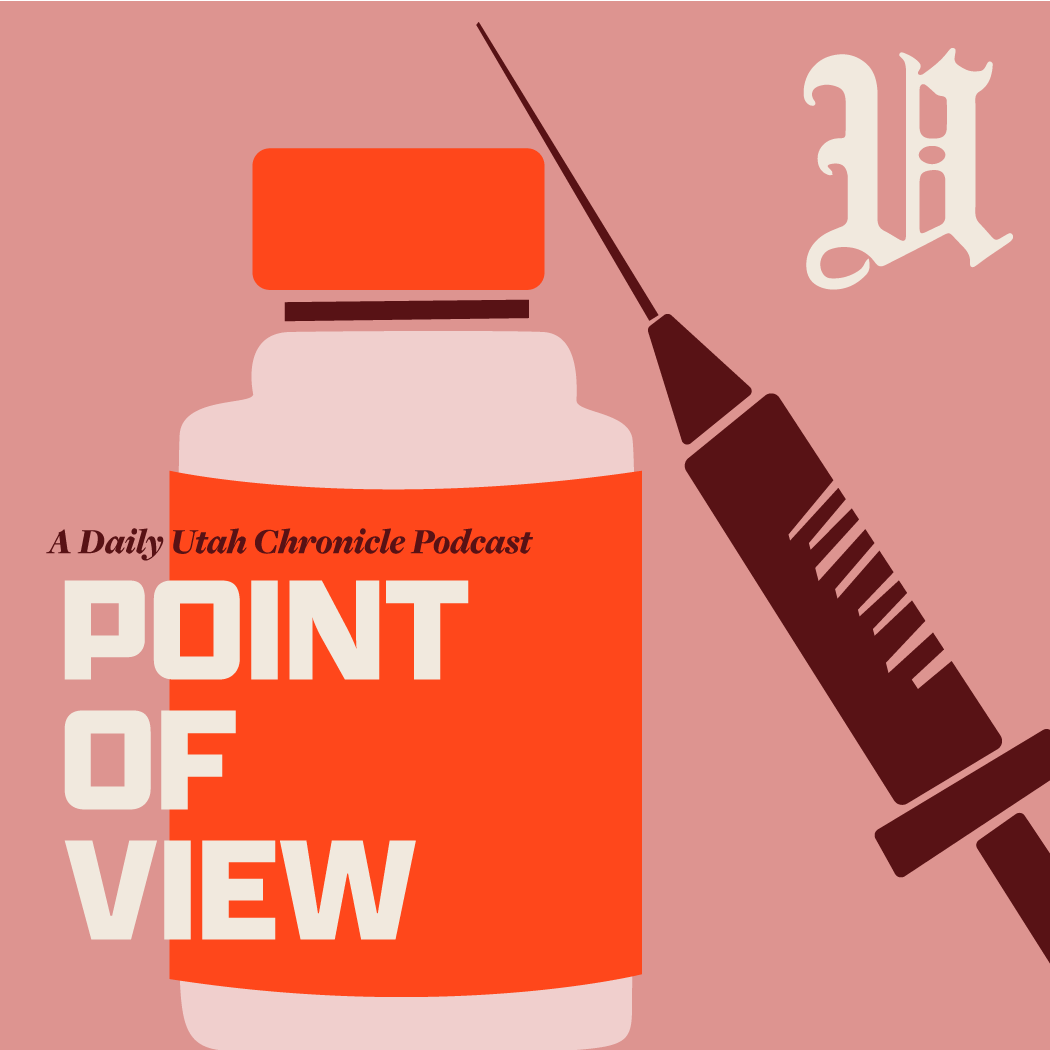If you frequent the campus community, you have probably seen advertisements reaching out to students for something that is much-needed within our community — plasma donation.
For a while I ignored this news, but then a friend told me you receive a $30-$50 compensation per session. That’s when the idea of donating plasma suddenly became much more appealing. There are many things I learned upon arriving to begin a donation. For one, it is a lengthy process. There is a booklet you are left alone with, and you must decide how much detail you want to be informed of.
After reading this booklet, I found that a number of demographics are censored on unrealistic grounds. For example, according to FDA.gov, the document questionnaire inquires if “you had sexual contact with a male who has had sexual contact with another male.” There is a boundary between a person’s medical history and their personal lives, and this question clearly crosses it.
Personal medical history directly pertains to who should or should not donate plasma for the prevention of HIV transmission. Another way of asking this question that is less intrusive and more to the point would be, “Have you had sexual contact with a person who had HIV/AIDS?”
Another inquiry from the booklet asks male donors, “From 1977 to the present, have you had sexual contact with another male, even once?” Again, here the HIV question would be much more relevant than asking about something relating to a person’s sexual orientation.
There are certain questions the public should be asking of plasma banks. For example, the public has a right to know if a plasma center ever accepted blood plasma from inmates in order to lower its overall operational costs. According to theatlantic.com, this indeed occurred from 1960 to 1980. The result was the contraction of HIV in over 50 percent of American hemophiliacs. Of course, this should not represent all plasma banks, but it should be recognized that there were some operating pharmaceuticals that drastically affected public health all the way up to the 1990s.
HIV and Hepatitis C became widespread not because of homosexual activity but because of mistakes made by plasma banks not taking the necessary and proper precautions. HIV and AIDS also spread significantly because of unprotected sex. Using protection wasn’t a common practice in the homosexual community in the ‘80s, and it was this phenomenon that initially brought awareness to the presence of these diseases. According to avert.org, 1980s newspapers reported rare cases of cancer and pneumonia in men living in California and New York. From there the disease known as Kaposi’s Sarcoma (associated with AIDS) sprouted 5-6 cases a week.
It was in 1982 that the term Acquired Immune Deficiency Syndrome was first used in reference to the outbreak. A stigma was created about men having sex with men, and it was only under that label it was known. Any man who looked sickly was instantly labeled as a carrier of AIDS and therefore a threat.
This was an unfortunate perception of people who had unintentionally contracted AIDS. But today, people are more informed about the decisions they may be about to make regarding sexual intercourse and, in this case, blood transfusion.
The FDA is making a mistake when it asks possible donors whether they have had sexual intercourse with another man. This is a breach of personal boundaries, and it is unnecessary. The wording used in the disclaimer/questionnaire form is bolstering a stigma that should be put to rest. Anyone can have AIDS, HIV and/or Hepatitis C. All participants should be asked about their medical history — not their personal lives.











